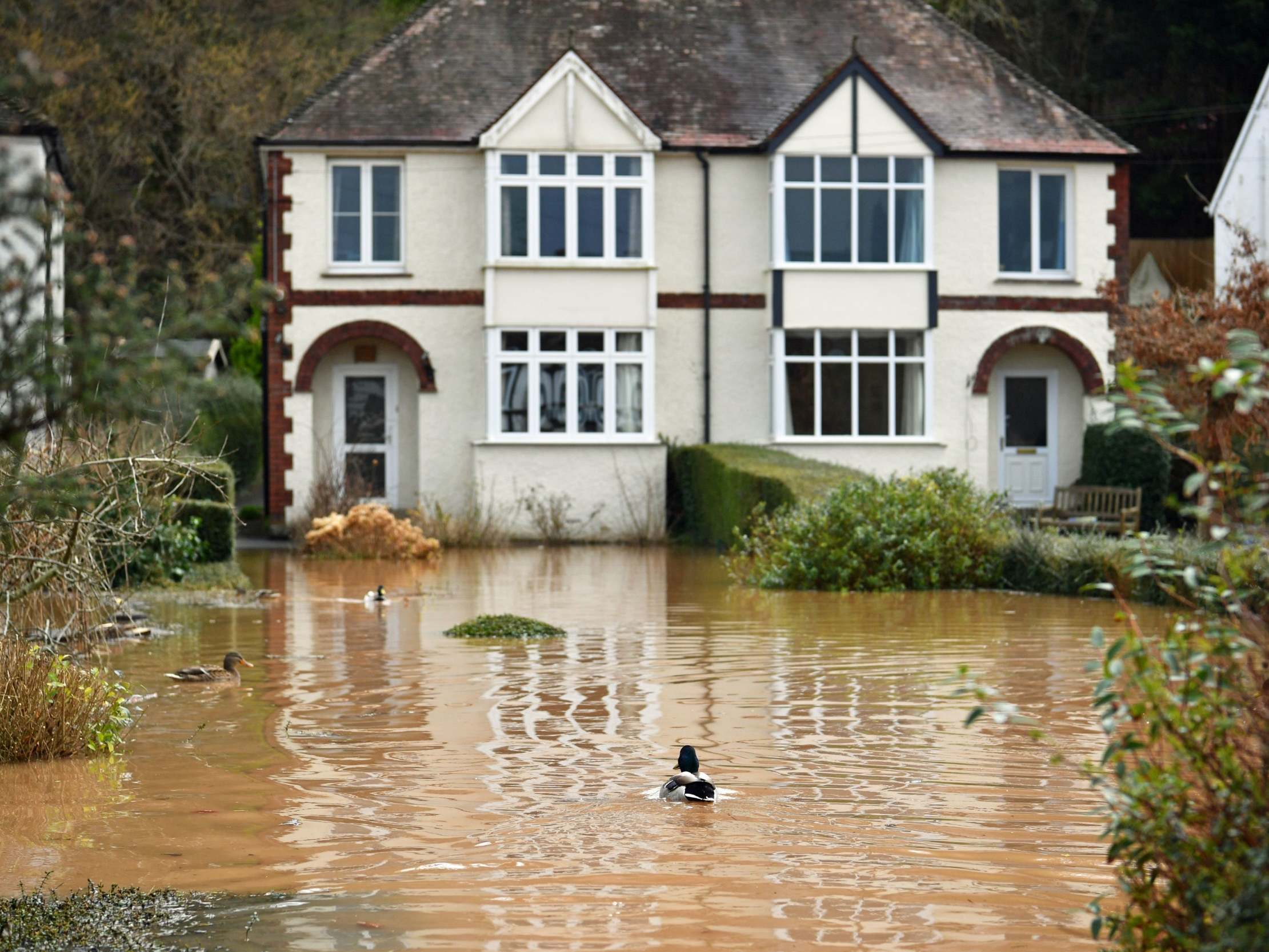Met Office warns new year likely to be ‘wetter than normal’, raising flood risk
Too soon to say how severe rainfall and potential flooding in January and February might be, say Met Office and Environment Agency

Your support helps us to tell the story
From reproductive rights to climate change to Big Tech, The Independent is on the ground when the story is developing. Whether it's investigating the financials of Elon Musk's pro-Trump PAC or producing our latest documentary, 'The A Word', which shines a light on the American women fighting for reproductive rights, we know how important it is to parse out the facts from the messaging.
At such a critical moment in US history, we need reporters on the ground. Your donation allows us to keep sending journalists to speak to both sides of the story.
The Independent is trusted by Americans across the entire political spectrum. And unlike many other quality news outlets, we choose not to lock Americans out of our reporting and analysis with paywalls. We believe quality journalism should be available to everyone, paid for by those who can afford it.
Your support makes all the difference.Britain is likely to see “wetter than normal” weather in the new year, the Met Office has warned.
However, it is too soon to say how severe rainfall could be or what parts of the country will be most affected, said a Met Office adviser.
The director of the Environment Agency added that plans were already in place to deal with potential flood risk over winter in a Covid-safe way, but also asked people to make sure they were prepared.
Dr Will Lang, head of civil contingencies, told a press briefing: “It is likely to be wetter than normal in January and February. That isn’t to say that it definitely will be. It’s just a shift in the odds to suggest it’s more likely to be wetter than normal. It’s also not saying how extreme it will be.”
The warning comes from a long-range forecast from the Met Office. These kinds of forecasts give an early indication of how the UK’s weather might differ from normal several weeks in the future.
More details about how severe this winter’s rainfall is likely to be and what parts of the country are most likely to be affected will become available around a week or two in advance of any weather event, Dr Lang added.
This year saw the wettest February on record in the UK. Storm Ciara and Dennis hit swathes of the country in quick succession, causing severe flooding in areas including Cumbria, Wales and Yorkshire.
The wettest day in the UK since records began in 1891 also occurred this year, the experts said. On Saturday 3 October – the record-breaking day, the UK received enough rainfall to fill Loch Ness.
However, the record rainfall was all but “forgotten” because it did not lead to extreme flooding, said John Curtin, executive director of the Environment Agency.
This was because Britain’s soils were particularly dry at the time of the record rain and so able to soak up the excess water, said Mr Curtin.
But the deluge in autumn left soils wetter than average at the start of winter, he added. “That’s why we do need to be prepared for what the new year might bring,” he added.
Previous research from the Met Office has found that the UK’s winters are likely to get warmer and wetter as the world heats up.
Join our commenting forum
Join thought-provoking conversations, follow other Independent readers and see their replies
Comments